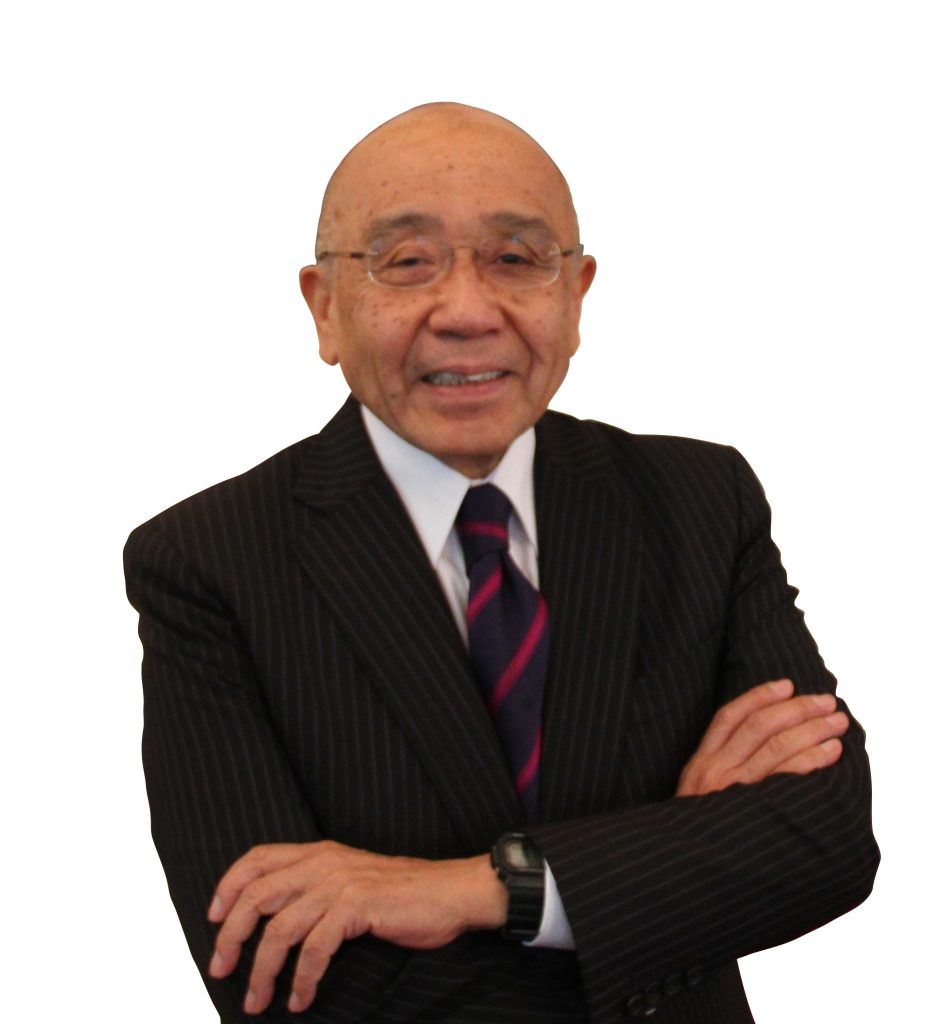As the global community continues to grapple with the coronavirus (COVID-19), the Atlantic Council is open for business. Our business, meetings, and events, however, are occurring virtually. For more information, please read an update from our President and CEO.
As Latin America and much of the world reel from a prolonged economic crisis, China is set to become the only major economy with positive growth in 2020. Trade flows between China and Latin America held steady this year, with Brazilian and Argentine exports to China growing and even notching records. Has China emerged from 2020 as a more relevant commercial partner for Latin America? Looking to 2021, how might China-Latin America relations evolve? What can regional businesses and governments do to better navigate relationships with China in an era of heightened uncertainty?
Join the Atlantic Council’s Adrienne Arsht Latin America Center on Wednesday, December 16, from 5:00 p.m. to 6:00 p.m. EST for a public discussion on the present and future of Latin America-China relations. The event will launch “Dealmaking with China amid Global Economic Uncertainty: Opportunities, Risks and Recommendations for Latin America and the Caribbean,” by Ambassador Sergio Ley and Salvador Suárez—the latest Atlantic Council report on China.
Opening remarks
Closing keynote remarks

Deborah M. Lehr
Vice Chairman and Executive Director
Paulson Institute
Speakers

Amb. Sergio Ley
President, Asia and Oceania Business Section
Mexican Business Council for Foreign Trade (COMCE)
Former Ambassador to China (2001-2007)
Government of Mexico

Amb. Carola Beatriz Ramon
Undersecretary of Multilateral and Bilateral Economic Negotiations
Ministry of Foreign Relations,
International Commerce, and Worship
Republic of Argentina

Anna Ashton
Senior Director, Government Affairs
US-China Business Council

Rod Hunter
Partner
Baker & McKenzie LLP;
Former Senior Director, National Security Council (2003-2007)
The White House
Moderator
Event recap
By Beatriz Godoy Rivas
On December 16, the Adrienne Arsht Latin America Center hosted a public event to discuss the present and future of Latin America-China relations. The conversation focused on how China-Latin America relations might evolve in 2021 and how regional businesses and governments can navigate relationships with China. The event also marked the launch of a new Adrienne Arsht Latin America Center report titled, “Dealmaking with China amid Global Economic Uncertainty: Opportunities, Risks, and Recommendations for Latin America and the Caribbean” by Ambassador Sergio Ley and Salvador Suárez.
The event’s participants included Ambassador Sergio Ley, one of the report authors and president of Asia and Oceania Business Section of the Mexican Business Council for Foreign Trade (COMCE); Doctor Carola Beatriz Ramón, undersecretary of multilateral and bilateral economics negotiations in the Ministry of Foreign Relations, International Commerce, and Worship of the Republic of Argentina; Anna Ashton, senior director of government affairs at the US-China Business Council Rod Hunter, partner at Baker & McKenzie LLP and former senior director at the National Security Council (2003-2007); and Deborah Lehr, vice chairman and executive director of the Paulson Institute. Pepe Zhang, associate director at the Adrienne Arsht Latin America Center, moderated the conversation.
Gerardo Mato, chairman of global banking and markets for the Americas at HSBC Securities Inc. and chairman of the Adrienne Arsht Latin America Center Advisory Council, gave opening remarks emphasizing the uncertainties and challenges for the global economy amid the coronavirus pandemic, and highlighting opportunities in the trade, investment, and finance sectors. Mr. Mato stated that if such opportunities are harvested correctly, Latin American countries can “lift their economic position” through transformational impact in “data, technological innovation, and education.” As such, the region can leverage its strategic location to engage in trade and investment opportunities with China that—if well managed—“will contribute to economic recovery across the region.”
During the panel discussion, Ley started off by underscoring the trade complementarity between China and much of Latin America. In Mexico’s case, he highlighted the possibility of growing Mexican exports to China, as well as supply china integration—through trade in intermediate goods—between the two economies. Ramón underscored the value of Chinese economic support in the past two decades, alluding to how Southern Cone countries have become China’s main export destination. She also added that China has signed strategic partnerships with several countries in Latin America, while 19 regional countries have signed the Belt and Road Initiative (BRI).
Despite the coronavirus pandemic halting the world’s supply chains, Hunter mentioned that China has grown, with an approximate 15 percent increase in year-on-year exports and imports, while dealing with the lowest level of dealmaking in 15 years. Ashton highlighted that BRI-related non-financial bound direct investment has grown 19.4 percent, and this development relationship is expected to deepen, as Beijing has concluded negotiations for the Comprehensive Regional Economic Partnership (RCEP)that would account for 30 percent of global GDP. With the US-China relationship being so important, Ashton mentioned that many Americans feel like the US-China trade relationship is unfair, reflected in an “activist Congress that has put out 500 China-related bills and resolutions… the zeitgeist of China in Washington is real and palpable.” Hunter and Ashton considered that while the underlying issues in US-China relations will remain relevant, the incoming Biden-Harris administration will find a way to approach China and its challenges, likely more “at a multilateral level, starting with allies and partners in the Western Hemisphere.”
China’s humanitarian diplomacy during the pandemic has been well-received in the region, particularly in Mexico, where Ley said an aerial bridge was set up between Mexico and China to support the Mexican government in their fight against COVID-19. In Argentina, Ramón raised that there is fluid cooperation between the Argentine Sanitary Services and the Chinese Administration of Customs, on information exchange and managing disruptions to agri-food exports, as well as donations of medical equipment. To this end, Ramón expressed that “[the] pandemic has brought a sense of deepening cooperation and partnership between Latin America and China, and particularly Argentina and China.”
To wrap up the conversation, Lehr provided concluding keynote remarks about the present and future of US-China relations and news areas of opportunity in China-Latin America relations. Lehr echoed Hunter and Ashton’s assessment and added that the Biden-Harris administration will need to “find a new policy and framework with China… in the context of the United States’ new position globally.” For Latin America, despite the potential rise of an “economic iron curtain” over US-versus-Chinese technologies, there are areas of compelling opportunities and constructive collaboration with China. In particular, the green development and sustainability space—valued at $1 trillion in China—and a green BRI offer interesting prospects for Latin America. The region should creatively think through ways to better utilize and monetize its biodiversity and natural assets for sustainable economic development, including potential debt-for-nature swaps and green bond swaps for nature.
Beatriz Godoy Rivas is an intern at the Atlantic Council’s Adrienne Arsht Latin America Center.


